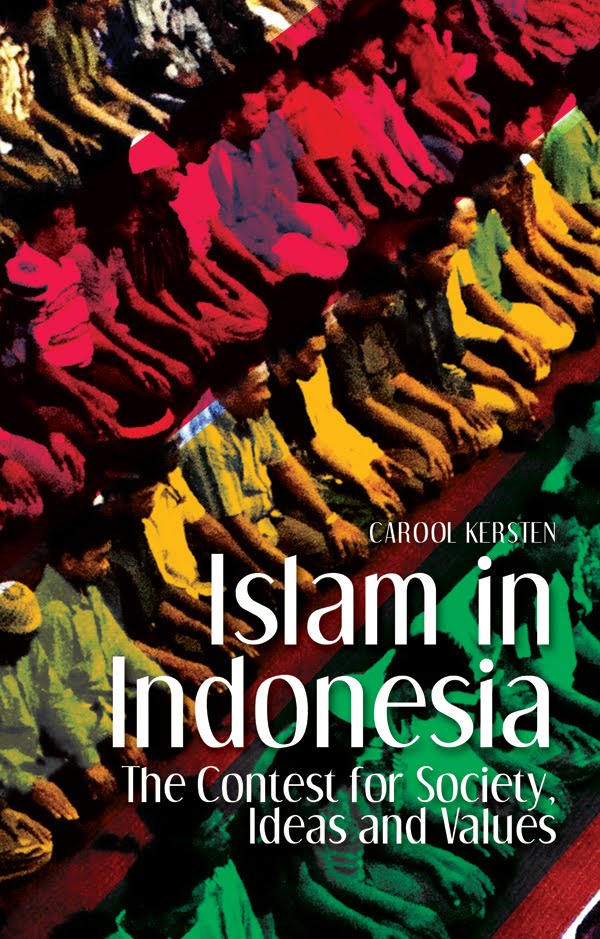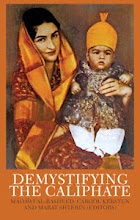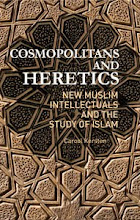 |
| Mohsen Amir-Aslani |
In the present instance, after a tortuous nine-year ordeal, Iranian Mohsen Amir Aslani was sentenced to death and executed on account of insulting the Prophet Jonah and engaging in unlawful interpretations of the Qur'an.
Amir-Aslani was hanged last week for making “innovations in the religion” and “spreading corruption on earth”, but human rights activists said he was a prisoner of conscience who was put to death because of his religious beliefs. He had interpreted Jonah’s story in the Qur’an as a symbolic tale.
“Mohsen held sessions in his own house dedicated to reciting the Qur’an and interpreting it. He had his own understandings [of the religion] and had published his views in the form of a booklet and made it available to his fans,” an unnamed source told the New York-based group, the International Campaign for Human Rights in Iran (ICHRI).Possibly because of the weakness of their case, authorities also added 'illicit' sexual activities to the list of charges -- notwithstanding the equally flimsy evidence for those accusations. While this shows the shaky legal foundations for heresy or apostasy cases even in countries such as Iran, 'deviant beliefs' and 'unlawful innovations' (the technical terms are takhayyul, bid'a, khurafat) remain capital offenses, and are used to prevent people from exercising universal human rights such as the freedom of belief, turning the concomitant freedom of expression into real liabilities in some Muslim countries.
To read the full article on Mohsen Amir-Aslani click here






